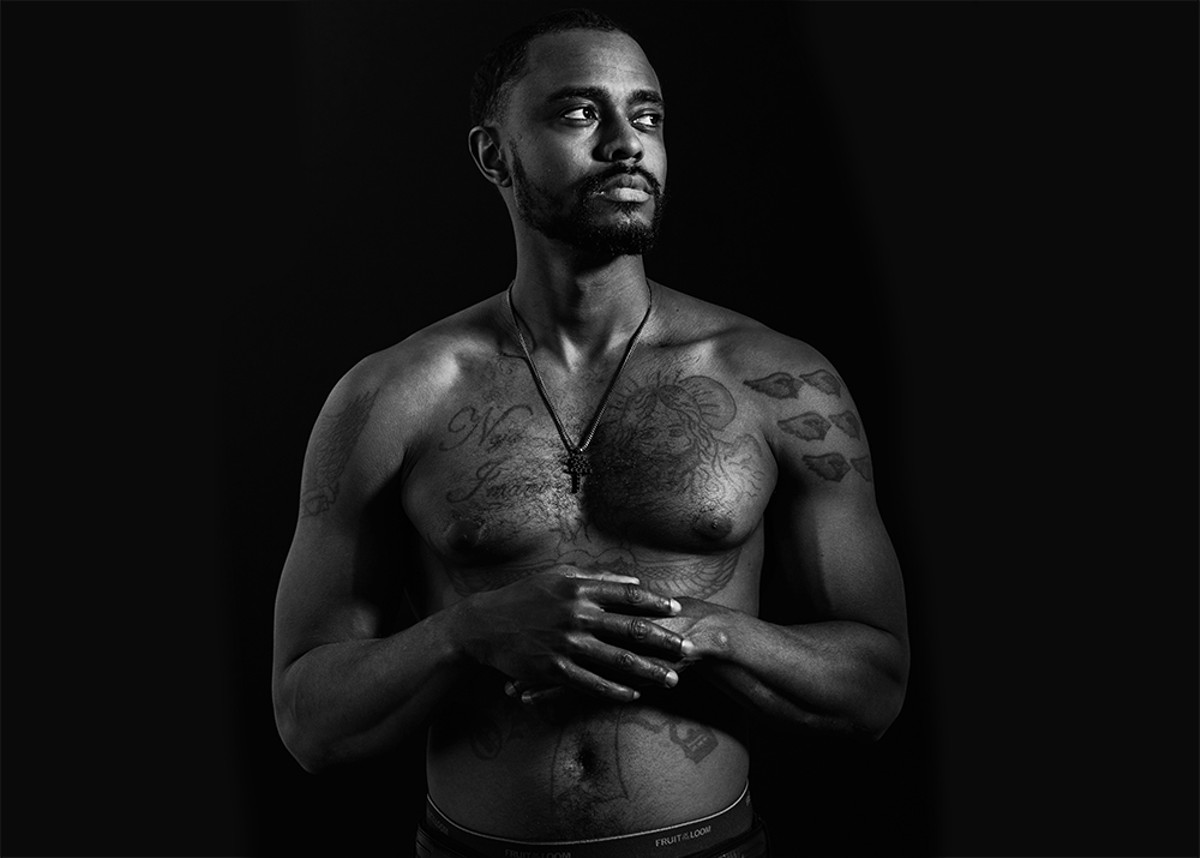Davis' experience as the target of an FBI sting operation isn't an outlier. An analysis of convictions obtained through FBI sting operations between 2001 and 2011 suggests that a suspected target's total inability to supply, plan or even generate a plausible idea to carry out an attack is immaterial: In 150 sting operations evaluated by journalist and researcher Trevor Aaronson, he found that an FBI informant "provided all necessary weapons, money and transportation" in a third of all cases.
That appears to be the case with Davis, who was convicted alongside a second New Black Panther member named Brandon Baldwin. Both men pleaded guilty to identical sets of charges in 2015, but the evidence included in their pleas shows no scenes of detailed bomb planning or specific intent for destruction — and no mention of a plot to bomb the Arch.
In documents filed with the court, federal prosecutors disclosed that the FBI's informants had paid for the illegal purchases of firearms. But in previous interviews with the RFT, Davis and other family members say that the official account fails to show the lengths to which the informants won not only Davis' trust, but his financial dependence: At a time when he was unemployed and isolated by his fringe beliefs, Davis says the informants gave him an apartment, paid his rent and even supplied living expenses and transportation for his pregnant wife.
And in return for that loyalty, he had followed them on a path to becoming a domestic terrorist.
Davis doesn't dispute his role in the weapons and explosives purchases. Evidence included in the pleas depicts him as enthusiastic about obtaining the bombs. He is quoted saying that he needed the pipe bombs "ASAP," and, even more overtly, that he had "put it out there that he was a terrorist."
Meanwhile, Baldwin, the second Black Panther, was quoted in his plea as floating an idea to "knock a cop... an important cop" and naming then-Ferguson police chief Thomas Jackson.
In all of this evidence, however, it's not clear where the bomb "plot" became more than just a story that two guys told each other within recording-range of FBI microphones. In a 2015 interview before Davis' sentencing, then-U.S. Attorney Richard Callahan denounced the anonymous "law enforcement sources" who had leaked the list of supposed targets to news outlets.
Callahan's explanation at the time was telling: He explained that he refused to publicly discuss details on the targets selected by Davis and Baldwin — not because of security concerns, but, Callahan said, because they were "totally unrealistic" and to talk about them at all would "almost inaccurately sensationalize these charges."
This was the wicked twist in logic beneath the FBI's sting operation, which had held the hands of its two actual targets from beginning to end: On one side, the supposed bomb targets were too sensational to treat credibly. On the other, as Callahan would later tout in a press release after the guilty pleas, the arrests of Davis and Baldwin had "undoubtedly saved lives."
As for Davis, he carried the reputation as a would-be Arch-bomber through prison. In his first years, he says, he was "very standoffish" around new acquaintances, especially "if they would hint at any type of criminal activity, or breaking the rules."
He couldn't help but wonder, "Damn, did the FBI send them at me, too?"
Follow Danny Wicentowski on Twitter at @D_Towski. E-mail the author at [email protected]







